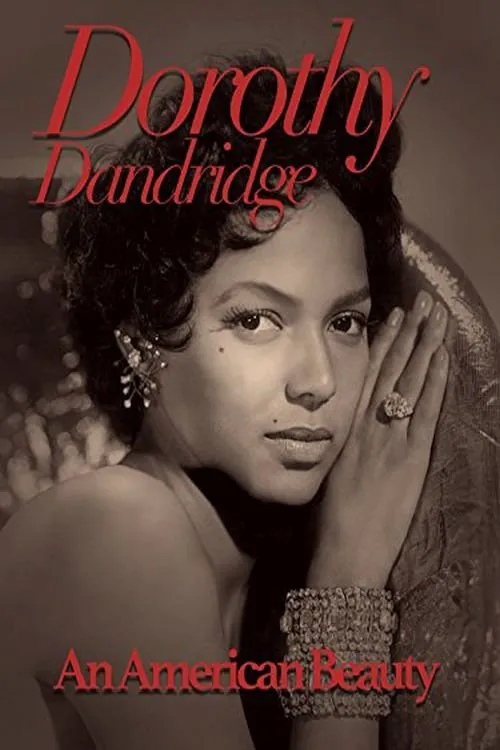Dorothy Dandridge: An American Beauty

Plot
Dorothy Dandridge: An American Beauty is a biographical documentary film that celebrates the life and career of Dorothy Dandridge, a talented actress and singer who defied racial barriers to become one of the most celebrated performers of Hollywood's Golden Age. The film is narrated by actor Obba Babatundé and features a mix of rare historical footage, archival materials, and interviews with actors and industry experts who pay tribute to Dandridge's enduring legacy. Born on November 9, 1922, in Cleveland, Ohio, Dandridge was the daughter of an African-American mother and a father of mixed racial heritage. Her mother, Ruby Dandridge, was a successful show business performer in her own right, which exposed Dorothy to the world of entertainment at a young age. After the family moved to Los Angeles when Dandridge was a child, she began performing on stage and screen, starting with small roles in films and stage productions. Dandridge's natural talent and beauty quickly caught the attention of agents and producers, and she landed her first major film role in the 1940 musical "Harlem on Broadway." The film was an ambitious project that aimed to showcase the talents of African-American performers, but it ultimately failed to gain widespread recognition. Despite this setback, Dandridge continued to work in film and stage, eventually earning a spot in the all-black musical revue "Cabin Boy" in the late 1940s. The 1950s marked a significant turning point in Dandridge's career, as she began to attract attention from major Hollywood studios. In 1951, she signed a contract with Paramount Pictures, and her first major role came with the 1951 musical "Bright Road," opposite Harry Belafonte. The film was a moderate success, but it marked the beginning of a successful collaboration between Dandridge and Paramount. One of the most significant factors in Dandridge's career was her relationship with Otto Preminger, a director who saw her talent and potential and began to champion her causes within the Hollywood studios. Preminger's support helped Dandridge land her breakout role in the 1954 film "Carmen Jones," an all-black adaptation of the classic opera "Carmen." The film was a major success, earning Dandridge an Academy Award nomination for Best Actress and solidifying her status as a leading lady in Hollywood. Despite her success, Dandridge faced numerous challenges in her career, including racism and sexism within the industry. She was often relegated to stereotypical roles, and her talent and beauty were frequently overlooked in favor of more "marketable" stars. Dandridge's personal life was also marked by turmoil, including a tumultuous marriage and struggles with depression and anxiety. The film features interviews with several notable actors and industry experts, including Laurence Fishburne, Jasmine Guy, and Halle Berry, who pay tribute to Dandridge's enduring legacy. Laurence Fishburne recalls meeting Dandridge on the set of "Carmen Jones" and being struck by her professionalism and kindness. Jasmine Guy remembers watching Dandridge's performances on stage and screen and being inspired by her talent and beauty. Halle Berry, who played Dandridge in the 1999 biopic "What's Love Got to Do with It," pays tribute to Dandridge's courage and determination in the face of adversity. Throughout the film, the use of rare historical footage and archival materials provides a fascinating glimpse into Dandridge's life and career. We see her performing on stage and screen, her beauty and talent shining through in every scene. We also see her personal struggles, including her tumultuous marriage and struggles with depression and anxiety. Ultimately, "Dorothy Dandridge: An American Beauty" is a powerful tribute to a talented and courageous performer who defied racial barriers to become one of the most celebrated stars of Hollywood's Golden Age. Through its use of rare historical footage and interviews with industry experts, the film provides a comprehensive and thought-provoking look at Dandridge's life and career, and serves as a reminder of the enduring power of her legacy.
Reviews
Recommendations



